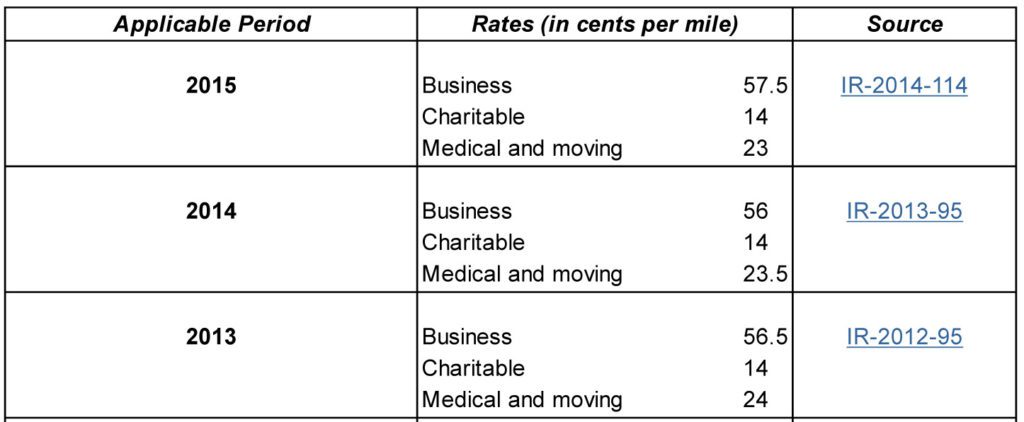We’ll save you some time and start off by saying, HSA’s only benefit individuals and families who are in a high deductible health insurance plans (HDHP), not enrolled in Medicare, and are not claimed as a dependent on someone else’s return. If you are in one of these HDHP’s, keep reading, because HSA’s are the perfect vehicle to save you money on taxes and stretch your medical spending. Here’s why:
- Pre-Tax Earnings: Contributions are typically pre-tax. Meaning, if your employer makes a contribution to your HSA, it’s not included in your gross taxable income.
- Tax write-off: Contributions can be made towards a HSA up until April 15 after the close of the previous tax year. These contributions can be used as a deduction on your tax return, saving you money on taxes. For example, if you are in the 25% tax bracket, a maximum family contribution of $6,750 (for 2016) to an HSA can save you up to $1,687.50 in taxes! Individuals 55 or older can make “catch-up” contributions; these catch-up payments increase the contribution limits by $1,000 for even greater tax savings.
- Tax-Free Earnings: Any interest or income earned on the assets in your HSA are earned tax-free, even upon taking the money out to pay for qualified medical expenses. Different banks will allow for and offer different types of investments, so be sure to do your research.
- Roll-Overs: Funds in your HSA roll-over from one year to another, meaning you don’t “use it or lose it” like Flexible Spending Accounts (FSAs).
- Portable and transferable: Not only can you transfer a HSA from one bank to another or from a previous employer to a new employer, you can also use an HSA like an IRA. If an HSA participant has a balance upon death, the balance of the HSA can be inherited tax-free by a spouse named as a beneficiary on the account. For non-spouse individuals, the HSA ceases to be a HSA and the balance is included at the fair market value on the date of death as taxable income to the person who inherits the account. This is similar to the treatment of a traditional IRA that has been inherited and liquidated.
If you have any questions about HSA’s and how they can benefit you from a tax perspective, feel free to contact our office.

